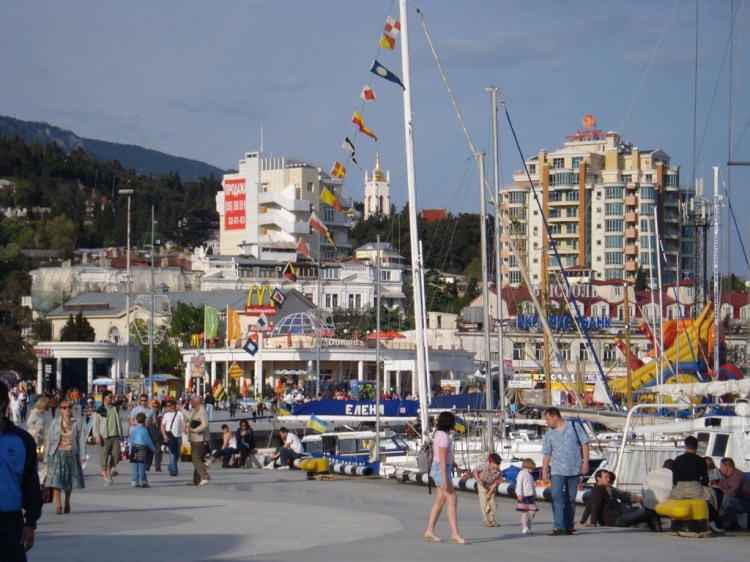Russia’s absorption of the Crimea region in early 2014 continues to be a source of friction between Washington and Moscow. The issue was illustrated recently by several U.S. firms that cut ties with the disputed territory altogether.
Due to sanctions placed on the region last year by the U.S. authorities, which include an export ban of U.S. goods, technology, sales, and services to Crimea, Apple and Valve are the latest companies to blacklist Crimea, in addition to payment operators Visa and MasterCard.
Apple cuts off developers, Valve cuts off consumers
Apple has started to cut all ties with developers located in Crimea, with the maker of iPads and iPhones informing them that they can no longer develop iOS apps. As a consequence of the U.S. export ban, it is now illegal for the tech giant to sell apps originating from Crimea, thereby providing motivation for the company to prevent any new software from being developed.
However, local developers believe they can overcome the ban by simply re-registering their account to a different location. This would require entry into the system from a non-Crimean IP address. At present, entry from a Crimean IP results in an error message.
Meanwhile, Valve, the video game development and distribution company, is to block online games purchases originating from Crimea, particularly from its digital distribution network Steam. The move follows Valve’s earlier decision to region-lock its games in order to change pricing structure from one region to another. It remains unknown thus far whether Crimean game developers are being allowed to sell on Steam.
MasterCard and Visa block banks, PayPal stops servicing Internet users
In late December, U.S. payment giants Visa and MasterCard stopped servicing banks in Crimea. Both companies announced they had stopped issuing and servicing payment cards in the region. More than 30 banks were operating in Crimea as of December.
The head of Russia’s parliamentary financial markets committee, Natalya Burykina, stated that the move was not new and plastic cards had not been working in Crimea since March. On its side, the Central Bank of Russia responded by saying Crimea banks continue to operate as usual.
In a separate move, MasterCard recently agreed to transfer card processing inside Russia, while Visa is still discussing the matter with the authorities.
Finally, PayPal users in Crimea were informed this Friday that their accounts were deactivated.
PayPal started serving Russian users in 2006 and became available for domestic operations in rubles in 2013.
This story originally appeared on Uadn.net. Copyright 2015
VentureBeat's mission is to be a digital town square for technical decision-makers to gain knowledge about transformative enterprise technology and transact. Learn More

